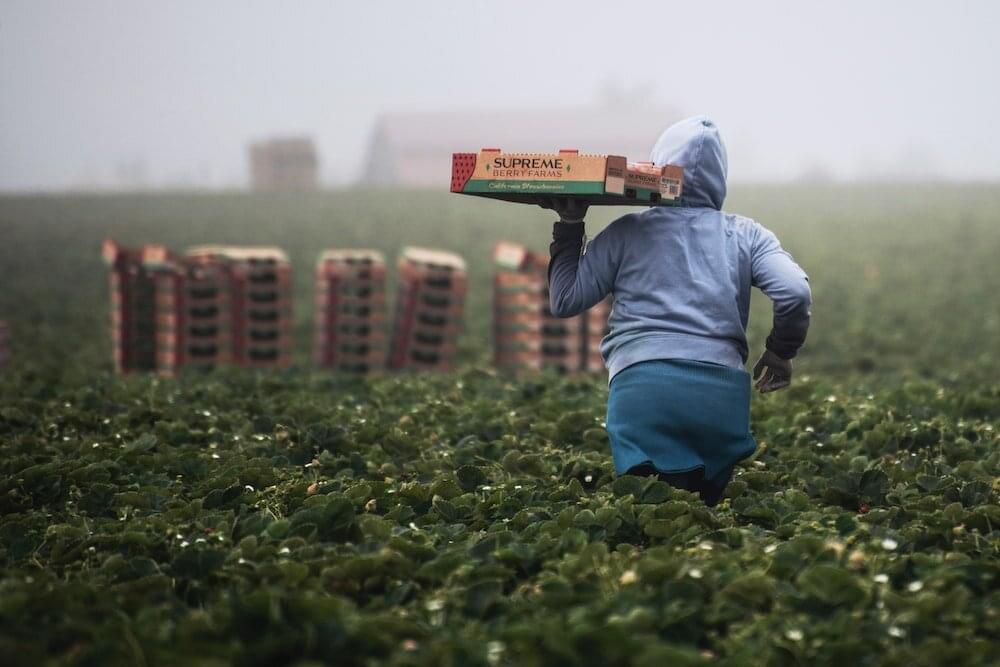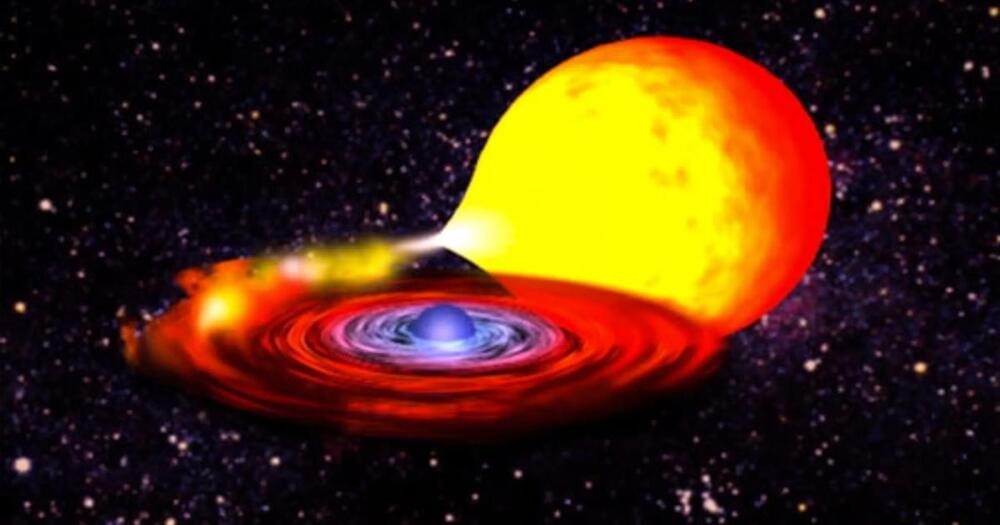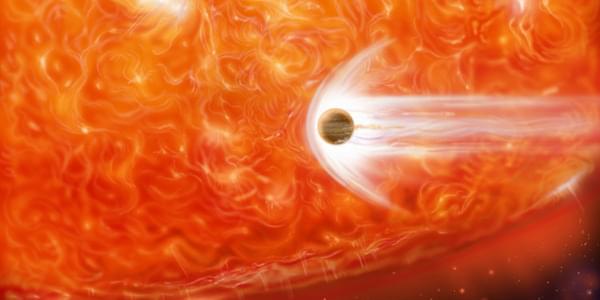Toxoplasma gondii (T.gondii) is a common parasite, one that scientists say may infect more than half the world’s population. Now, scientists also believe that T.gondii may be manipulating its hosts to make them more attractive to others. If true, it means there may be a parasite out there that makes people more attractive to fuel its spread to new hosts through sexual activity.
Parasites have always been known to influence the way their hosts behave when trying to move to a new host. T.gondii itself has been known to manipulate its hosts. Researchers previously discovered that the parasite could make infected rats attracted to the smell of urine from predator cats. This led the rats to take part in riskier behavior. As a result, the likelihood of a cat eating the rat increased dramatically.
This allowed the parasite to move on to its optimal host. Once it has reached that optimal host, though, the parasite can then reproduce sexually. What’s most terrifying about how this parasite works is that the manipulation doesn’t stop there. Instead, similar manipulations have been seen in chimpanzees, hyenas, and humans, too. If the parasite can make people more attractive, it could spread more easily.





